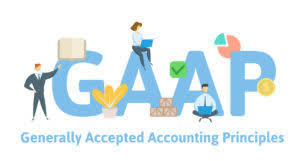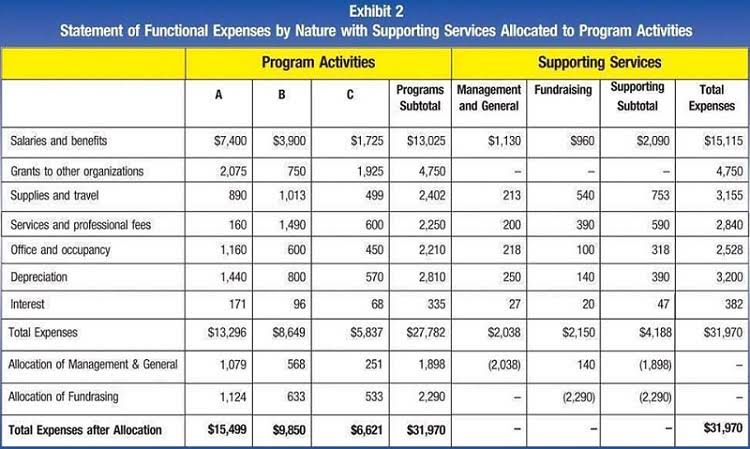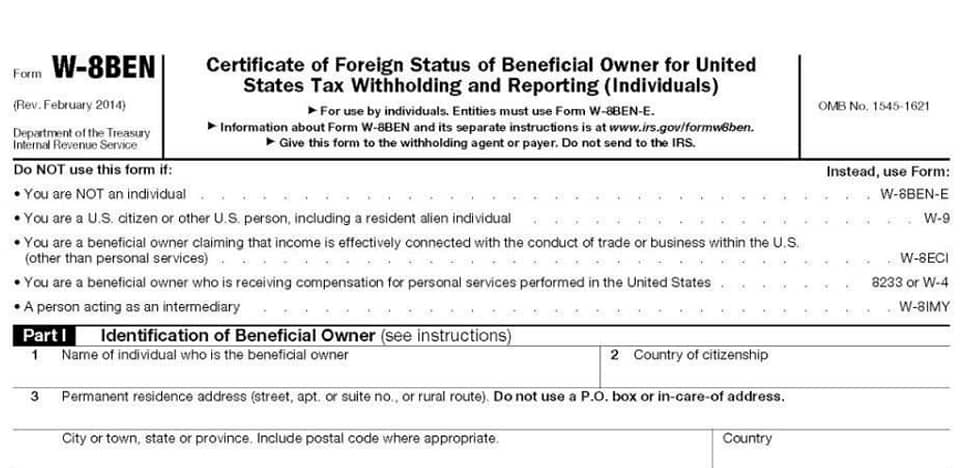
The following subsections focus on continuous learning, certification, and career pathways for bookkeepers. In summary, a bookkeeper’s primary responsibilities revolve around maintaining financial transactions and managing payroll and benefits. By handling these key tasks, they contribute significantly to the overall financial health and stability of a business.
Run your business with confidence
The following four bookkeeping practices can help you stay on top of your business finances. Bookkeeping is important because it documents every transaction that occurs within your company. This information allows you to make smart decisions for future growth and planning. If you enjoy organization and numbers and have experience with bookkeeping, starting your own business offering this service might be a smart career choice. They can also usually take care of some of the tax preparation so that your accountant has less to do (which is a good thing, because bookkeepers are less expensive than a CPA). But they won’t be able to help you with tax planning or handling your tax return.
- She would record Tuesday’s sales of $1,430.75 as receipts for the given date.
- Keeping up with the records in your small business might be a task you are willing and able to tackle yourself.
- In today’s digital age, bookkeepers heavily rely on accounting software to facilitate their day-to-day tasks.
- As mentioned above, being proficient in accounting software such as QuickBooks will increase your value.
- If you may need help calculating quarterly estimated payments, categorizing expenses or ensuring that your books “stay in order,” it’s best to work with a dedicated bookkeeper.
Best Bookkeeping Services
- It’s a great choice if you’d like to manage your finances from anywhere and won’t require additional assistance.
- Usually, the entry-level salary for both bookkeepers and accountants tends to be similar; however, the earning potential of an accountant tends to increase as their career progress.
- In addition, bookkeepers are not required to have an undergraduate degree; accountants typically are expected to have, at least, four years of formal training.
- You’ll also explore how to become one and find suggested cost-effective courses that can help you gain job-relevant skills today.
- This information can be used to assess a business’s assets, liabilities, revenues, expenses and cash flow.
- They may also use paper ledgers and other manual accounting tools to record transactions and maintain accurate financial records.
Bookkeeping for small businesses and sole proprietorships involves managing the general ledger and maintaining accurate records of the company’s financial transactions. Bookkeepers for small businesses typically record journal entries, perform bank reconciliations, handle payroll, and generate financial statements for the owner to make informed decisions. In conclusion, bookkeeping is vital in the overall business strategy, from budgeting and forecasting to informing essential strategic decisions.
Key Takeaways
Bookkeepers working for larger corporations also need to comply with various bookkeeping standards, such as the Generally Accepted Accounting Principles (GAAP) or International Financial Reporting Standards (IFRS). Compliance with these standards ensures that the corporation’s financial records are accurate, consistent, and can be easily bookkeeper definition understood by both internal and external users. There are multiple bookkeeping software options available in the market, including cloud-based solutions and desktop applications. When selecting a suitable software, it’s essential to consider factors such as ease of use, features offered, integration capabilities, and data security.

Others, like payroll, can be outsourced to independent companies that specialize in the task. That said, bookkeeping is more than just dropping numbers into a spreadsheet—it takes meticulous analysis and just enough legal know-how. After all, bookkeepers will help you survive an audit by making sure your financial records are in order and your deductions are legal. Plus, anyone who has tried to manage the income and expenses of their own business knows that bookkeepers deserve some serious respect. Today any bookkeeper worth their beans uses some kind of software platform to track finances. But like those old wastebook days, bookkeepers typically hand off their records to an accountant come tax time or when big decisions need to be made.
- It also includes more advanced tasks such as the preparation of yearly statements, required quarterly reporting and tax materials.
- Business transactions can be recorded by hand in a journal or an Excel spreadsheet.
- Whether you’re trying to determine the best accounting system for your business, learn how to read a cash flow statement, or create a chart of accounts, QuickBooks can guide you down the right path.
- The system you choose to use doesn’t need to be complicated and the ledgers should be straightforward, especially if you have just a few or no employees.
- By avoiding this, you’ll reduce the risk of triggering an IRS audit and will allow an accurate picture of your business finances.
Informing Strategic Decisions
An important difference between a manual and an electronic accounting system is the former’s latency between the recording of a financial transaction and its posting in the relevant account. Your bookkeeper might also prepare other auxiliary reports for your business, like accounts payable and accounts receivable aging reports. You can use these to make business decisions, but they should not be presented as audited, certified or official financial statements.
While the basics of accounting haven’t changed in over 500 years, the practice of bookkeeping has. Bookkeeping was once done manually using actual books called journals and ledgers. Because bookkeeping is based on double-entry accounting, each transaction affects two accounts — one gets debited and the other is credited. When it comes to mastering these tools, bookkeepers often undergo formal training and continuous professional development. They are responsible for preparing financial statements, analyzing and interpreting financial information, and providing financial guidance to management. An understanding of accounting principles also empowers bookkeepers to make informed strategic decisions for the business.

Access to detailed records of all transactions
There are some financial tasks that bookkeepers aren’t equipped for; that’s where accountants come in. While bookkeepers record daily transactions, accountants use the information compiled by a bookkeeper to produce financial reports. Modern accounting software is the repository of all financial transactions for your company and can generate requisite reports in real-time. So even if you have accounting software, odds are, you still need a bookkeeper to manage the software, enter data, file reports, identify errors and keep everything current. The core function of a bookkeeper is to ensure that all bills are paid on time, transactions are recorded correctly, payroll runs on time and taxes are filed correctly. So if you’re looking to hire a bookkeeper, it is essential to create a bookkeeper job description that fills your recruitment funnel with ideal candidates as quickly as possible.
Difference Between Bookkeeper and Accountant

Accountants typically have at least a bachelor’s degree in accounting, and many go on to become certified public accountants (CPAs) or certified management accountants (CMAs). Bookkeepers might also have degrees in accounting, but most have either technical certifications or on-the-job experience. Data entry involves entering your business’s transactions into your bookkeeping system. As mentioned above, a lot of the data entry now happens automatically, either through OCR or bank feeds.





